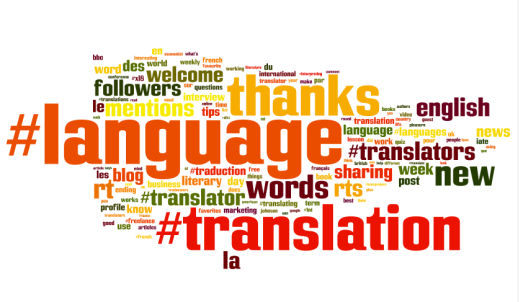Russian is the official language of Russia, but still it is spoken in various other east European nations like Ukraine, Belarus and some other countries with huge population that follows Russian ethics. It is a Slavic language, and for this reason it shares resemblances with various other languages that are Slavic. The Russian students come across the similar vocabulary in the Slavic languages together with Croatian and polish, all over the eastern European region.
Expediency of the Russian Language
Russian is a language that is extremely useful for the people whose work sector forces them to move towards east European countries. This is for the reason that Russian is spoken by huge count of people because of its resemblances with the local language of adjacent nations; it turns the process of learning other Slavic languages to get extremely easy.
Some of the Russian phrases will also prove out to be really useful for the travelers. Though the language English is spoken widely as a subsequent linguistic in Russia, its popularity goes down in the outskirts of big cities and in the localities where less number of tourists pay a visit.

Helpful Russian Alphabets
The Cyrillic alphabet can actually make the task of learning Russian to get extremely difficult, this is for the reason that it includes 32 letters. A number of these letters seem to be nothing like the Latin letters, and a few of them represent sounds that are generally not found in the English language. On the other hand, various letters and sounds are equivalent to those, which are found in English. Learning the Cyrillic alphabet, though, holds its own benefits.
The travelers, who are capable of understanding the Russian alphabet, even if they don’t know the exact meaning of the words, will have a calmer time getting around in the cities of Russia. An awkward thing that the learners of Cyrillic alphabet come across is the requirement to use this alphabet while typing.
Conclusion
The Russian language has been improved to comprise words for the modern technologies and concepts; however the Russian speakers keep up its essence through their custom of using the common vocabularies, mentioning the Pushkin and other poets together enjoying standard Russian jokes.